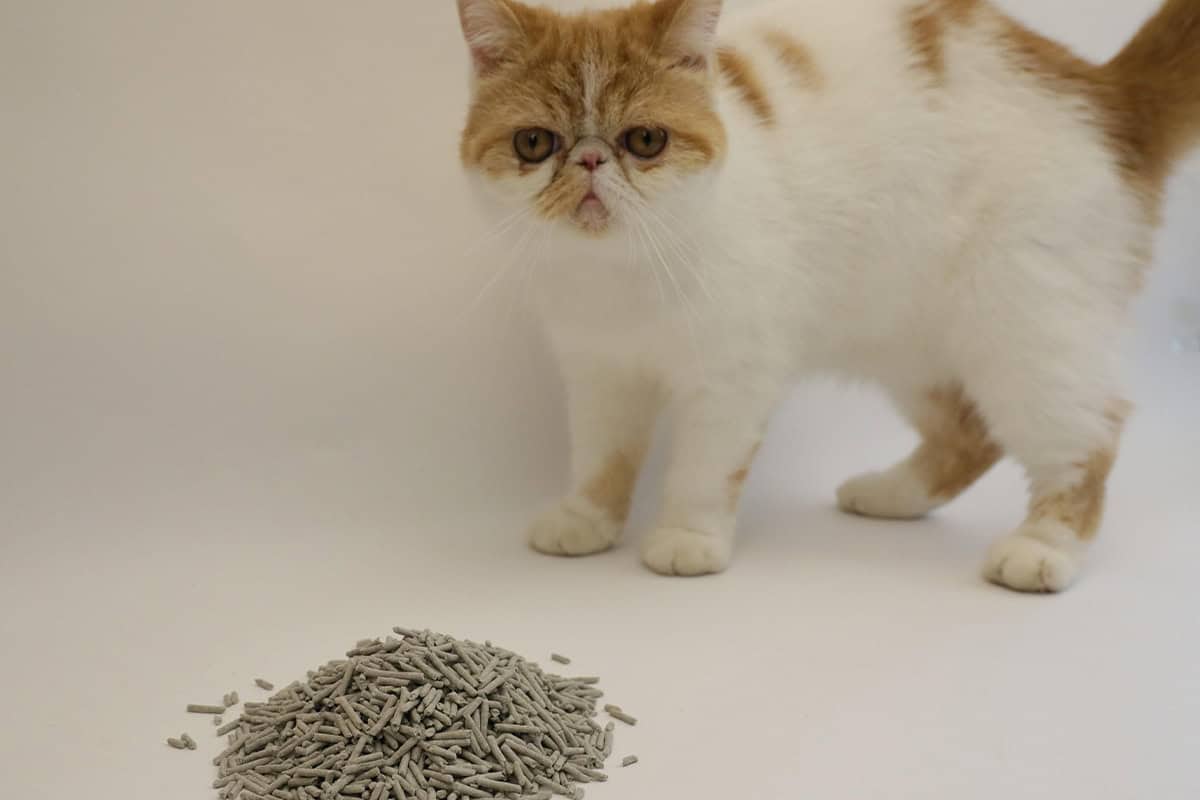Choosing the right cat litter involves balancing absorbency, odor control, dust levels, environmental impact, and your cat’s preference. Two of today’s most popular options—bentonite (clay) litter and tofu (plant-based) litter—each offer unique benefits and trade-offs. Here’s what you need to know to make a smart choice.
Absorbency & Clumping
• Bentonite Clay Litter:
Formed from natural sodium bentonite, clay litter is famed for its fast, tight clumping. On contact with liquid, it forms hard, easy-to-scoop clumps that help keep the rest of the box dry. This rapid absorbency minimizes pooling and helps keep odors at bay.
• Tofu (Plant-Based) Litter:
Made from soybean byproducts and other plant fibers, tofu litter absorbs more slowly. It often forms looser clumps that take longer to solidify. If scooped frequently, it can still manage moisture, but you may notice more dampness between cleanings.
Odor Control
• Clay Litter:
The tight clumps naturally trap ammonia, reducing smell for a day or two before the whole box needs changing. Its mineral properties provide robust, consistent odor barrier—ideal for multi-cat households.
• Tofu Litter:
While plant fibers have some neutralizing power, tofu litter typically needs more frequent scooping to prevent odors. However, many brands add natural deodorants like baking soda or activated charcoal to boost performance.
Dust & Health
• Clay Litter:
Clay particles can be dusty when poured or scooped. This fine dust can irritate sensitive cat respiratory tracts and may track around your home. If you or your cat has allergies or asthma, that dust can pose a real concern.
• Tofu Litter:
Virtually dust-free, tofu litter is gentler on lungs and keeps paws and floors cleaner. Its low-dust profile makes it a top pick for health-conscious pet parents.
Eco-Friendliness & Disposal
• Clay Litter:
Sourced by strip-mining bentonite clay, traditional litter is not biodegradable and ends up in landfills. You must dispose of the full litter box waste in the trash.
• Tofu Litter:
Made from renewable plant materials, tofu litter is 100% biodegradable and even compostable (in a non-edible waste system). Many varieties are flush-safe in small amounts, offering a greener disposal option.
Texture & Cat Acceptance
• Clay Litter:
Fine, sandy particles resemble natural soil, which many cats instinctively prefer. The firm clumps also simplify digging behavior, making transitions easy.
• Tofu Litter:
Softer and lighter on paws, tofu litter can take a little getting used to. If your cat is picky about texture, introduce it gradually by mixing with their current litter until they adjust.
Which Litter Should You Choose?
• Pick Bentonite Clay Litter If You Want:
• The fastest, strongest clumping and superior odor control
• A texture most cats instinctively accept
• Less frequent full litter changes (up to 10–14 days in single-cat homes)
• Pick Tofu Plant-Based Litter If You Want:
• A low-dust, hypoallergenic option for sensitive noses
• An environmentally friendly, biodegradable solution
• Flush-safe disposal (check local regulations)
Regardless of your choice, scoop daily, change completely according to the product’s guidelines, and wash the litter box regularly. Consistent maintenance not only keeps odors under control but also supports your cat’s health and happiness.

